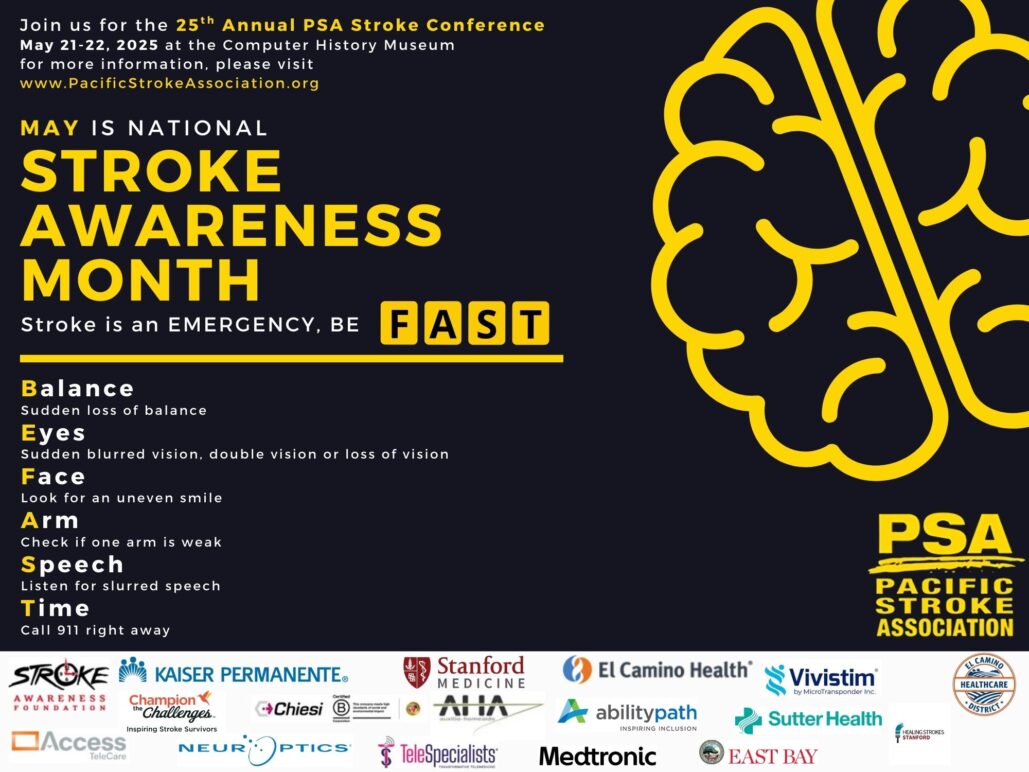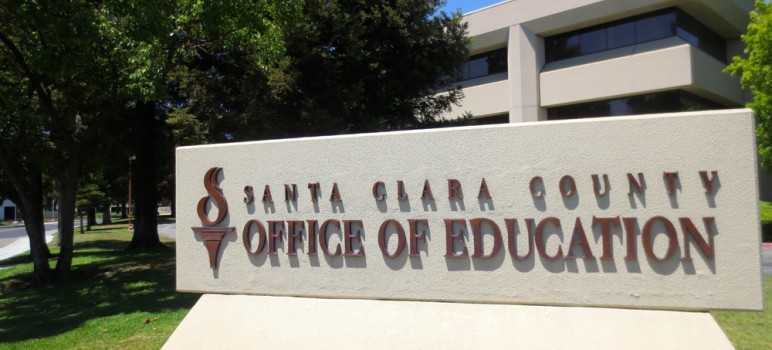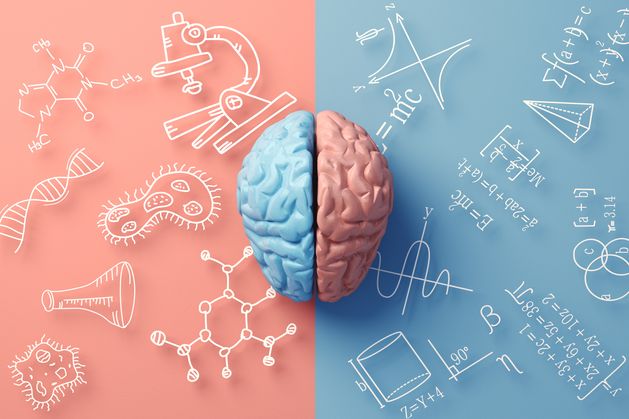Higher education
fromInside Higher Ed | Higher Education News, Events and Jobs
4 hours agoTime to Eliminate Prereq Developmental Ed for All Students
Scaling developmental education reform—eliminating prerequisite remediation, adopting corequisite math and English, and aligning gateway courses—is essential to improve student success and reduce college costs.











